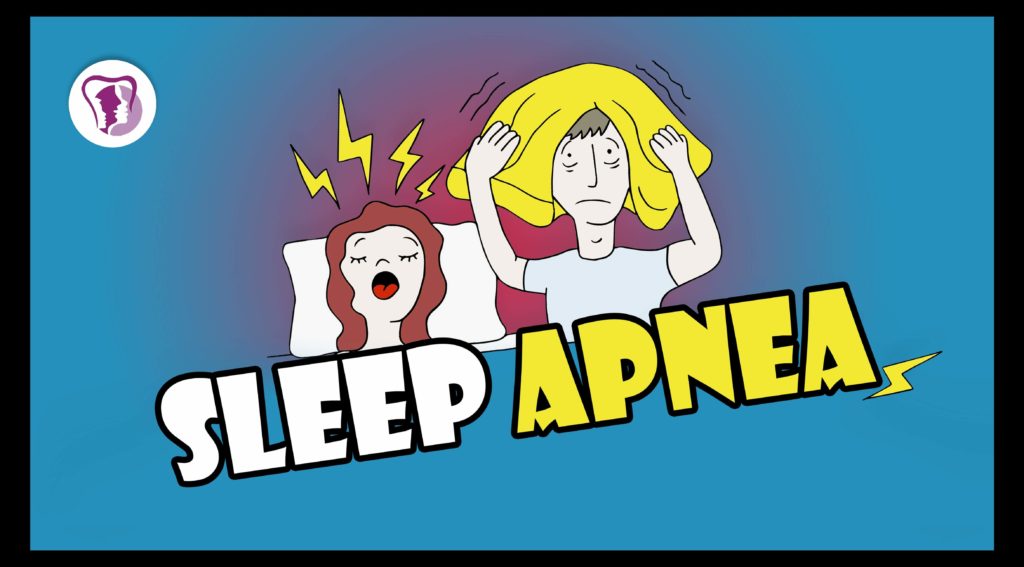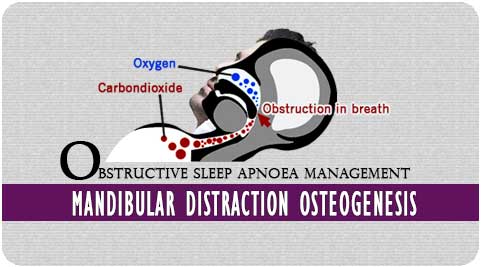What is sleep apnea?
Sleep apnea is a serious sleep disorder in which breathing is interrupted. If you snore loudly and feel tired even after sufficient sleep. Sleep apnea treatment can include lifestyle changes and surgery.
The main types are:
Obstructive sleep apnea:
which occurs when throat muscles relax and it is the most common apnea.
Central:
This occurs when the muscles that control breathing could not receive signals from the brain.
Complex sleep apnea syndrome:
A combination of both obstructive sleep apnea and central sleep apnea
Early treatment can ease your symptoms and might help prevent heart problems and other complications associated with the same.
What are the causes…???
The signs and symptoms of obstructive and central sleep apneas overlap, sometimes making it difficult to diagnose. The most common signs and symptoms of obstructive and central sleep apneas include:
- Loud snoring.
- Out of breathing during sleep.
- Waking up with a dry mouth.
- Nocturnal headache.
- Insomnia.
- Hypersomnia.
- Difficulty paying attention while awake.
- Mood swings.
Causes
Obstructive sleep apnea
This occurs when the muscles in the back of your throat relax. When the muscles relax, your airway narrows or closes as you breathe in. You can’t get enough air, which can lower the oxygen level in your blood. Your brain senses your inability to breathe and briefly rouses you from sleep so that you can reopen your airway. This awakening is usually so brief that you don’t remember it. You might snort, choke or gasp. This pattern can repeat itself five to 30 times or more each hour, all night, impairing your ability to reach the deep, restful phases of sleep.
Central sleep apnea
This less-common form occurs when your brain fails to transmit signals to your breathing muscles. This means that you make no effort to breathe for a short period. You might awaken with shortness of breath or have a difficult time getting to sleep or staying asleep.
Risk factors
- Excess weight.
- Neck circumference.
- A narrowed airway.
- Gender.
- Age.
- Hereditary.
- Use of alcohol, sedative drugs, tranquilizers or Smoking.
- Nasal congestion.
- Cardiac disorders.
- Using narcotic pain medications.
- Stroke.
Complications:
- Fatigue with irritability.
- High blood pressure or heart problems.
- Type 2 diabetes.
- Metabolic syndrome.
- Complications with medications(general anesthesia) and surgery.
- Liver problems.
- Sleep-deprived partners.
Contact us @ Richardsons Hospital


